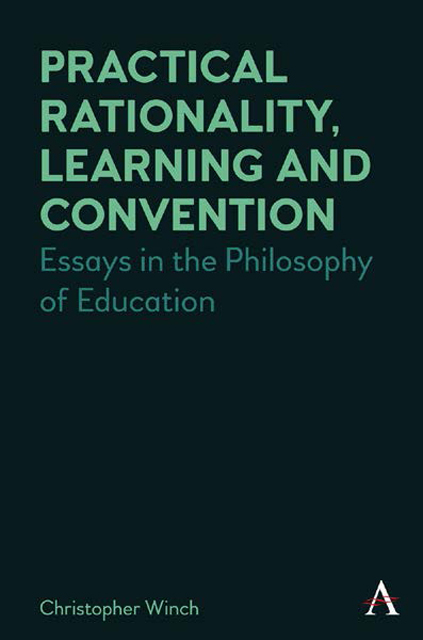Chapter Two - Cooper, Labov, Larry and Charles
Published online by Cambridge University Press: 09 December 2022
Summary
David Cooper's article ‘Labov, Larry and Charles’ (Cooper, 1984) performed a valuable service in showing up some of the pretensions of ‘The logic of non-standard English’ (Labov, 1969), and he is right to see the lack of criticism of these features over the past fifteen years as something of a scandal (Cooper, 1984: 178). In particular, Cooper's demonstration of the lack of even-handedness in treatment accorded to Larry and Charles by Labov, which works in the former's favour, is well illustrated and is highly damaging to some aspects of Labov's case. Nevertheless, it can be argued that Labov's paper still has some merits, particularly when seen in the context of the battles that raged (and still rage) over verbal deficit theory and its relevance to educational performance. Incidentally, Cooper is wrong to assert that Labov's views constitute a new orthodoxy in the educational world which has superseded the older, Bernsteinian verbal deficit view. The position is much more fluid than Cooper suggests and very few, if any, people nowadays could be found to support Labov's views as to the superiority of lower-class over middle-class speech.
Indeed, one of the points that I shall try to make is that Labov's response to the work of Bernstein and others was to serve as a stimulus to research which paid attention to actual speech in settings that were more or less natural, rather than using only quantitative abstractions from artificial and restricted verbal encounters. Such a ‘naturalistic’ turn in research into everyday speech and its relation to thinking and reasoning can be found in researchers both sympathetic to verbal deficit theory (e.g. Tough, 1977) and relatively unsympathetic (e.g. Tizard and Hughes, 1984).
I will try to develop this theme by making some points about Labov's article and Cooper's response to it, some of which are particular and some of which are more general. I will first make some general comments about Labov's strategy, then discuss in some detail Cooper's more detailed criticisms of Labov's account and will conclude with some morals that can be drawn from Labov's article and Cooper's reply.
The major flaw in Labov's article is that two approaches are run together and confused.
Information
- Type
- Chapter
- Information
- Practical Rationality, Learning and ConventionEssays in the Philosophy of Education, pp. 19 - 26Publisher: Anthem PressPrint publication year: 2022
